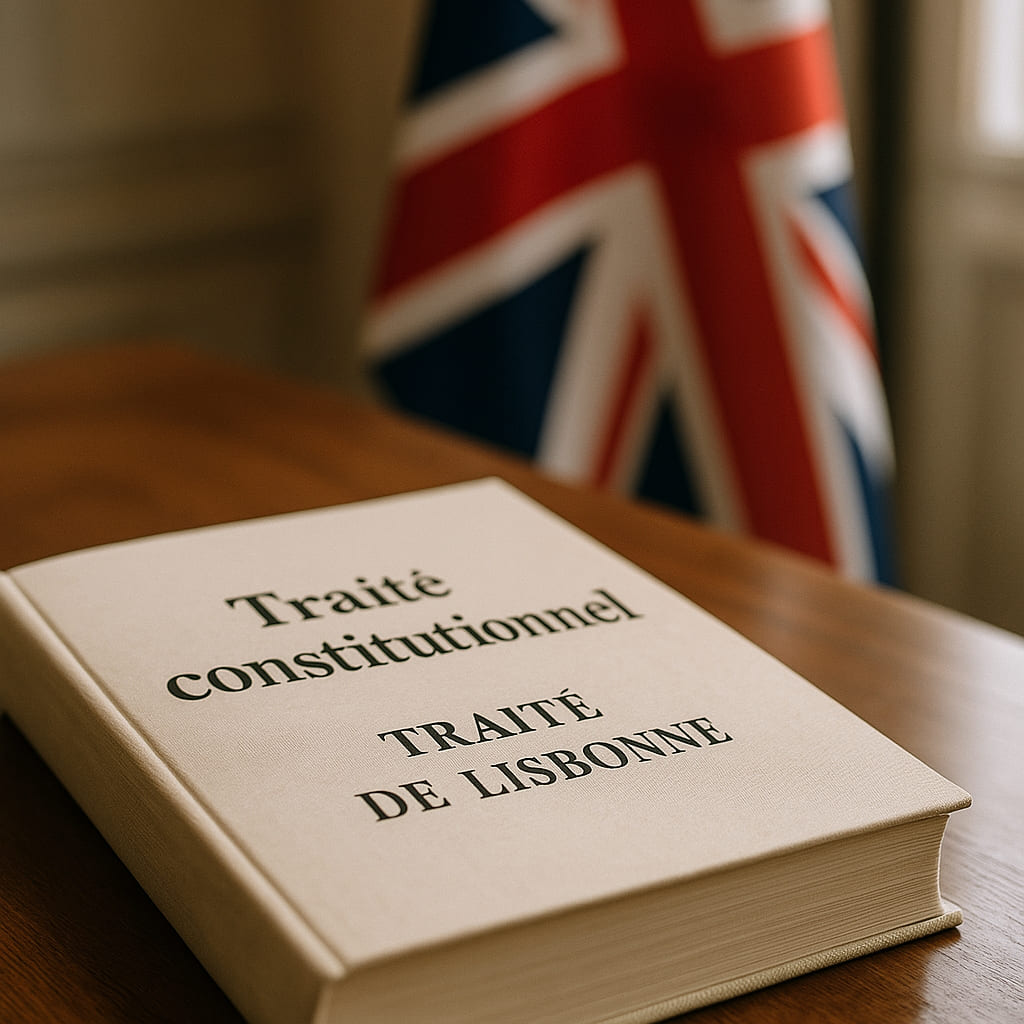Leading from behind: Britain and the European constitutional treaty

This British – and critical – analysis of the “constitutional process” launched at the European Council meeting in Laeken in December 2001, which went through a highly animated and productive phase during the European Convention before reaching the current deadlock at the European Council meeting in Brussels in December 2003, will no doubt be of interest to many. As one might expect from a sharp, penetrating author such as Anand Menon, the following account of this inconclusive and intense period of the Union’s history is somewhat less consensual than most of the grey literature on the topic.
But above all, it provides clear insights into a change of heart which astonished most observers, from the pro-active, imaginative and positive attitude of the British delegation during the first phase of the Convention to its much more customary back-footed behaviour at the close of the negotiations. The pundits will certainly be interested by the assertion that the British internal coordination machine, widely held to be the best in Europe, is perfectly adapted to processing day-to-day business but ran into serious difficulties when it had to deal with more strategic issues.




